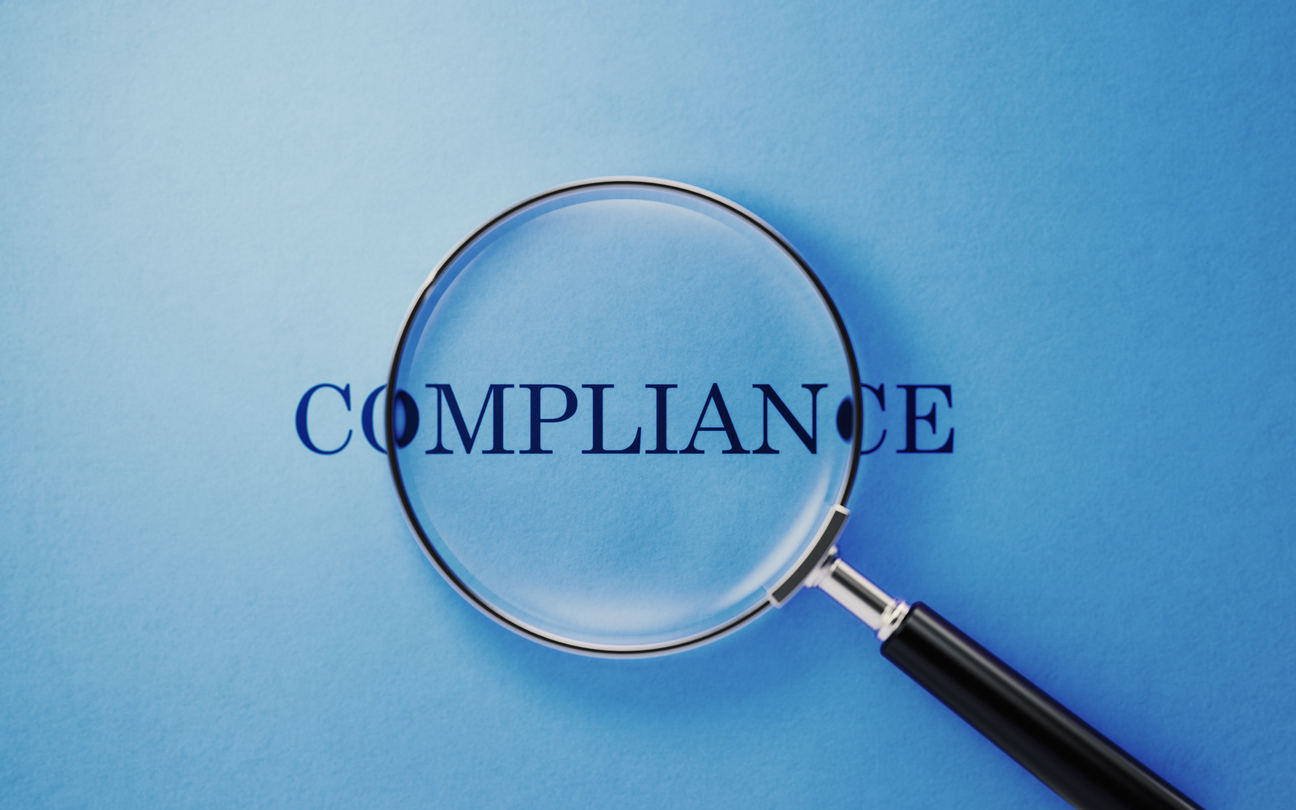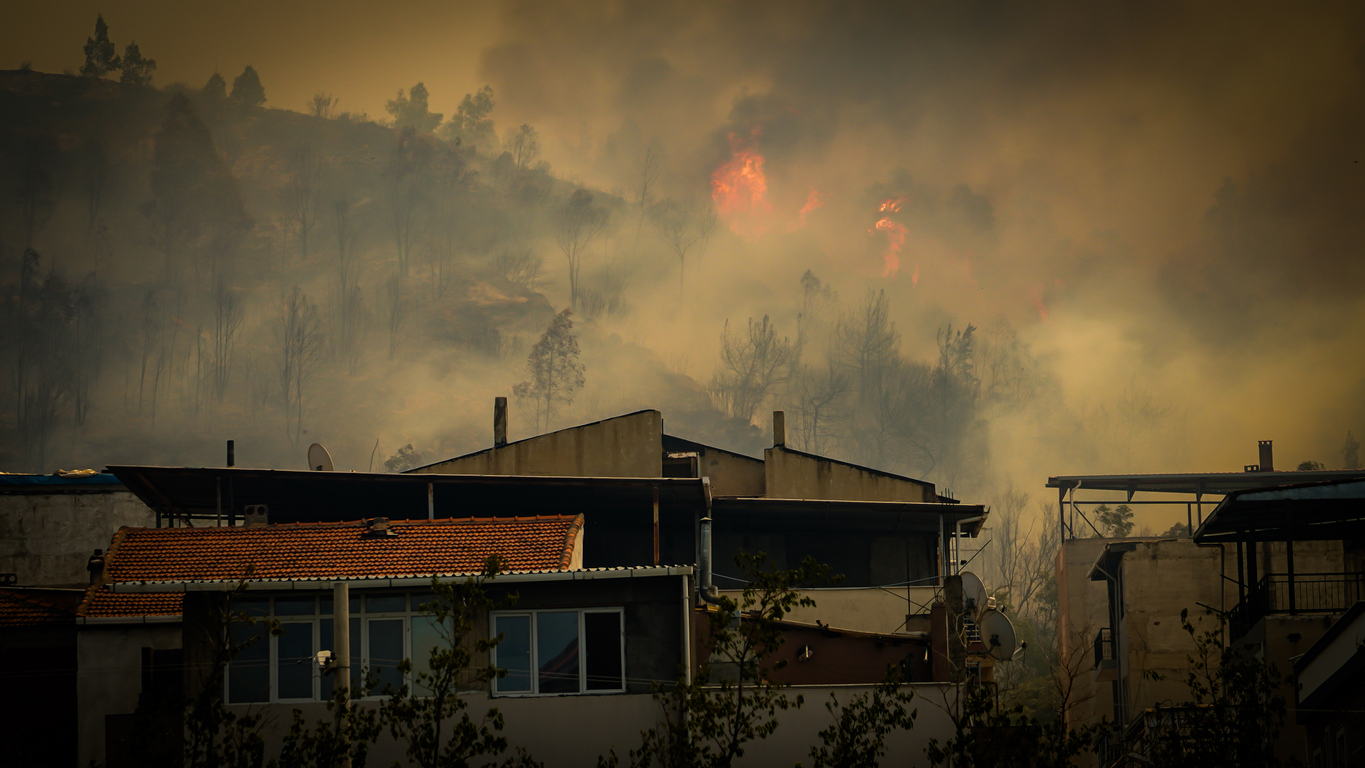On October 4, 2013, I wrote about a Florida state court judge levying severe sanctions against an insurance company and its attorney for allegedly playing fast and loose with the rules of discovery. This blog is aimed at keeping readers up-to-date.
By order dated January 14, 2014, the new trial judge presiding over the case vacated the predecessor judge’s sanctions order. The order is bare-boned in that it does not set reasons for vacating the predecessor judge’s order. However, everyone should know that the precedential value of the order I blogged about on October 4, 2013, has diminished.
Regardless of the original order being vacated, everybody should still heed that which is discussed in my October 4, 2013, blog. There is simply no room for cheating in discovery. All of the cards that have been dealt need to be put on the table and the best hand needs to win – simple as that. Part and parcel with this, the judiciary should consistently construe discovery standards liberally and broadly as the Rules of Civil Procedure are intended and reject the countless number of arguments litigants advance in an effort to secret discovery and subsequently win the jury card game through bluff. And the Supreme Court of Florida agrees:
[A] primary purpose in the adoption of the Florida Rules of Civil Procedure is to prevent the use of surprise, trickery, bluff and legal gymnastics. [R]ules of discovery should be afforded broad and liberal treatment to effectuate their purpose that trials should not be carried on in the dark. Our rules of civil procedure broadly allow parties to obtain discovery of ‘any matter, not privileged, that is relevant to the subject matter of the pending action,’ whether the discovery would be admissible at trial, or is merely ‘reasonably calculated to lead to the discovery of admissible evidence.’1
In sum, despite the order I blogged about on October 4, 2013, being vacated, the moral of the story remains the same – you need to be fair and forthright in discovery.
1 Allstate Ins. Co. v. Boecher, 733 So. 2d 993, 995 (Fla. 1999) (internal citations and quotations omitted).




